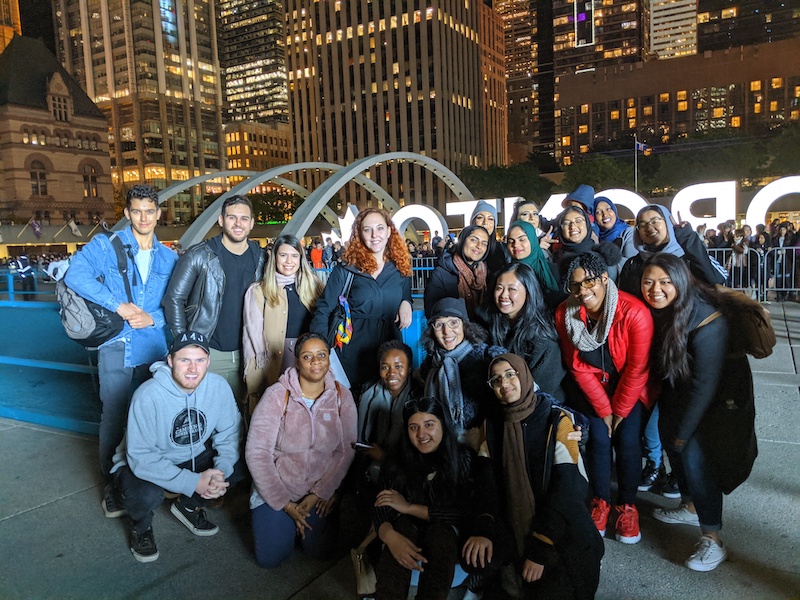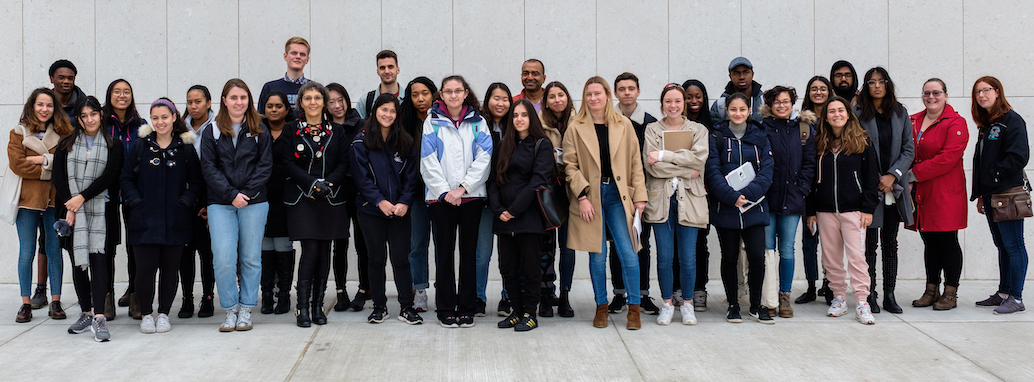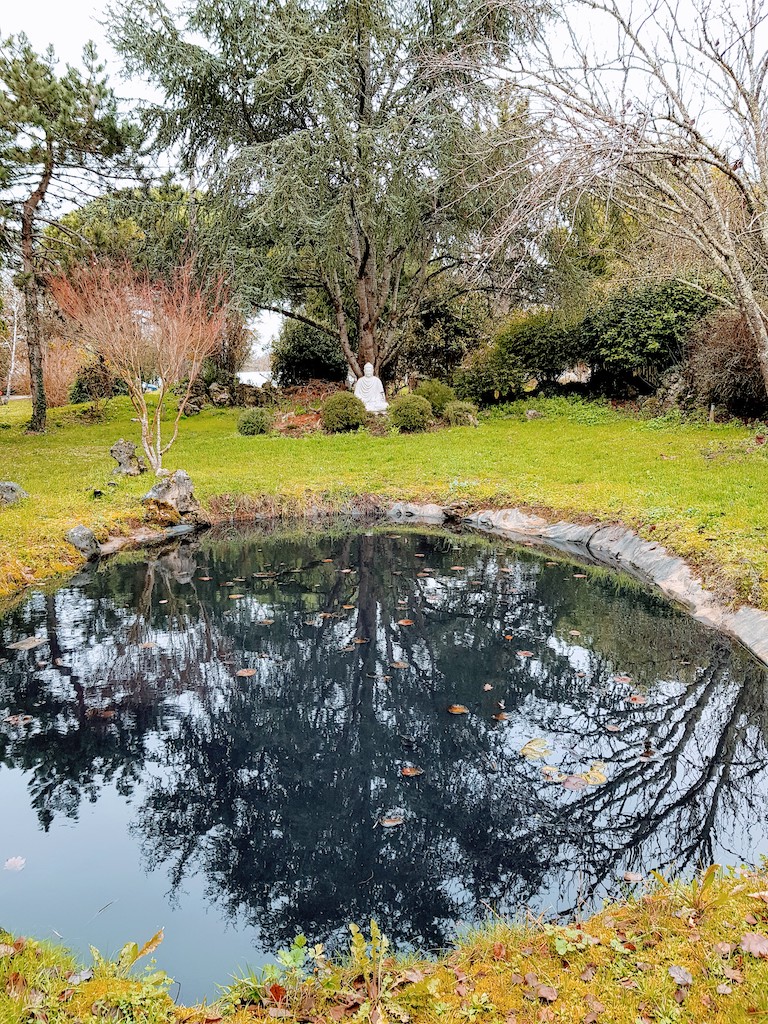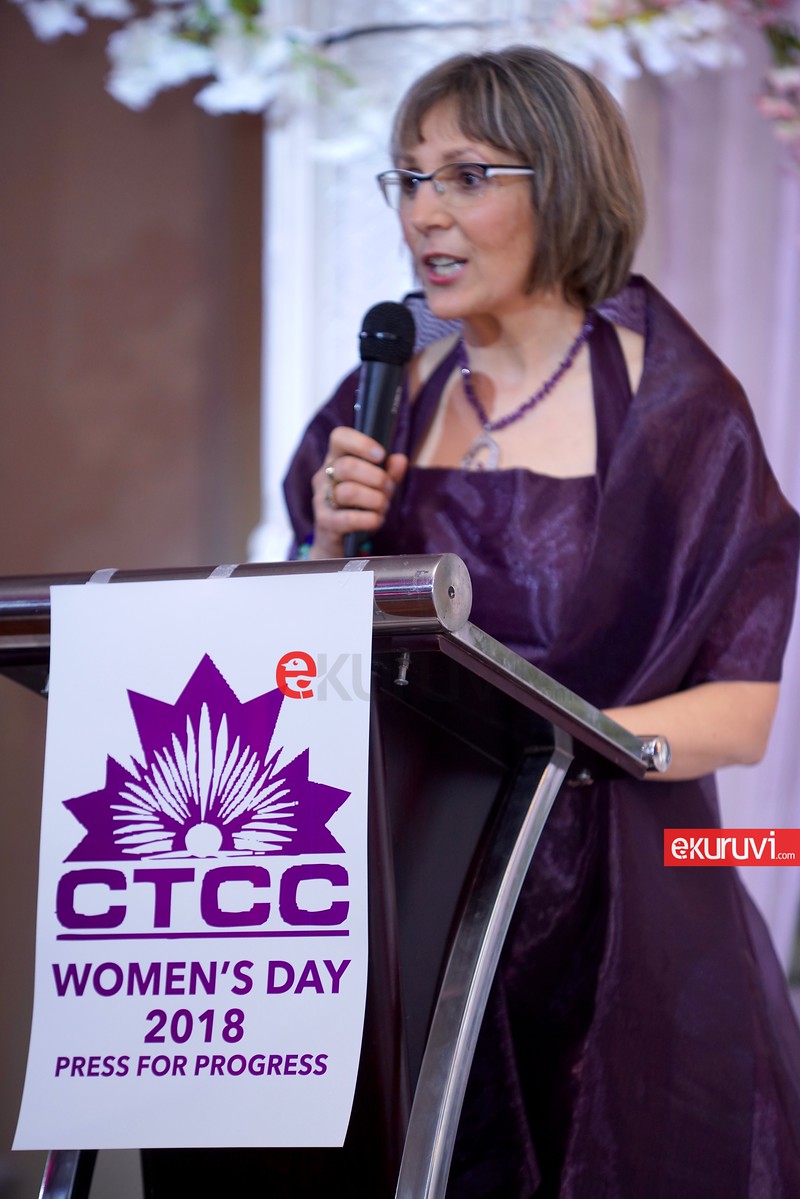Education: experiential, mindful, intersubjective, holistic, empowering
In twenty-two years of teaching close to three-thousand students at university colleges, I have noticed a significant increase in mental health issues among my students, not just through the letters of academic accommodations sent by the Counselling office (more than double) but also during office hours when students collapse. Some share suicidal ideas; some sob and confide in me about their distress about a parent’s cancer or a suicidal friend; many miss classes repetitively, crippled with anxiety and depression. This heartbreaking experience brought me towards gradually adapting my pedagogy to better support the whole student, from Mindful, to experiential, holistic and intersubjective… to Gestalt modalities. By ‘holistic’ I mean the mind – body – heart – earth connections. In the post-covid online teaching that unfolds during the 2020-2021 academic year, a greater care needs to redress the mental health of students confined to their rooms at home and deprived from socialization on campus and in the classroom with classmates and professors. I have designed online experiential syllabus with mandatory outdoor assignments and contact with their immediate community; to balance body-mind-and heart dimensions of these young learners; to support the synergetic development of their whole identity and academic achievements.
An adjunct professor and a yogic meditator, I developed a contemplative and experiential approach to higher education that translated into the Glendon Principal’s Teaching award in 2011, and the York President’s University Wide Teaching Award in 2017, as students recognize the necessity for a student-centered pedagogy. My lectures on student leadership, socialization and identity development, beliefs, and social representations unfold after Mindfulness exercises combining body and mind awareness, among other strategies. I organized a Mindfulness workshop outside class time for the entire Glendon community to offer a continuity of support.
http://www.contemplativeeducation.ca/veronique-tomaszewski-may-2017/
Mindfulness does not work for all students and faculty, some of them do not feel present. I develop embodied methods of teaching and favour co-presence and co-creation over lecturing. Gestalt also has a Mindfulness stream led by American Zen Gestalt therapists. With this first-hand experience of the benefit to the teacher I enhance my presence and support to students. I allow my deep commitment to lessening suffering in others to expand in the field of education in mutli-cultural, inter-racial and multi-faith, multi-gendered groups.

I introduced and adapted Gestalt modalities for the classroom. By Gestalt modalities (practices) I mean a pedagogy that builds on the holistic organization of meaning and being, articulating Buber’s I-Thou, Existentialism and Phenomenology (a field that I had developed around the concept of aesthetic -sensory- experience in my PhD dissertation in 2000, after years of dialogue and writing with artists). In 2019, I wrote and published a chapter on the outcomes and promises of intersubjectivity, based on my teaching at Glendon College, in Catalyzing the Field. Second-Person Approaches to Contemplative Learning and Inquiry. My current interests center on Gestalt practices (including Mindfulness) that address the relational dimensions between teachers and students.

My observations indicate that Gestalt embodied modalities of contact awareness contribute to lessening enough of the students’ anxiety to allow them to perform in class by showing up in the first place motivated by the prospect of being seen, heard and supported. Embodied modalities of co-presence and co-creation are needed in the field of education. We are facing a crisis. Anxiety and depression among students in North America have increased from 45 % in 2008 to over 60% in 2017. R. Beiter and colleagues in the Journal of Affective Disorder reported in 2015 a 231% increase in yearly visits as well as a 173% increase in yearly clients of the Franciscan University Counseling Center, exemplifying similar findings at other universities (UK, Hong Kong, USA, and around the world). J.-S. Dubé reported in February 2019 that 30 % of Mc Gill students in Montreal suffer from anxiety, depression or severe stress. He cites another study by Fortier at Université de Montreal stating that one out of five students shows severe signs of depression and 8% have suicidal ideas, three times more than the average in the population of Quebec. In Ontario, A. Holmes and R. Silvestri report in 2016 in the Canadian Journal of School Psychology, that almost two-thousand students at fifteen university colleges requested support for mental disorders, and more than half of these students were diagnosed with mood anxiety disorders of the comorbid kind. In the Fall of 2019, as a new survey revealed that 53% of Quebec university students suffer from anxiety and depression, four students committed suicide at the University of Toronto Engineering School in front of other students. We have reached a state of emergency.
 Students are in a crisis, teaching is weakened too: alertness and attention challenges associated to mood disorders, memory and executive functions problems linked to anxiety disorders are serious obstacles to students’ success in post-secondary education, and to the raison d’être of a university professor. I apply Gestalt modalities in my relation with students to support their personal as much as intellectual development. I promote Gestalt modalities throughresearch to improve the relational dimensions between teacher and student.
Students are in a crisis, teaching is weakened too: alertness and attention challenges associated to mood disorders, memory and executive functions problems linked to anxiety disorders are serious obstacles to students’ success in post-secondary education, and to the raison d’être of a university professor. I apply Gestalt modalities in my relation with students to support their personal as much as intellectual development. I promote Gestalt modalities throughresearch to improve the relational dimensions between teacher and student.
What is said about Veronique Nat Tomaszewski 
“Veronique brought us together into a close-knit community of peers, classmates and teachers in our own right; who were able to explore our obsolete pasts, powerful presents and now, even more empowered futures together. (…) She showed us empathy (…). Veronique has always proven to be a trailblazer; always taking the path of most resistance in order to push beyond the limits (…). She pushes me to strive (…) for something far more sacred and more valuable (…).
Judy C.

“Her genuine kindness and understanding, her constant cheery disposition, and her passion… Her enthusiasm is inspirational and makes all the difference in the world.”
Nicole S.

“She encouraged me on my own spiritual path; we talked about the benefits of meditation, and she recommended a video, “What is the Religious Mind,” about the philosophy of Krishnamurti. (…) many of the ideas resonate with me, so that continuing to acquaint myself with Krishnamurti’s work is a personal goal.”
Sita


